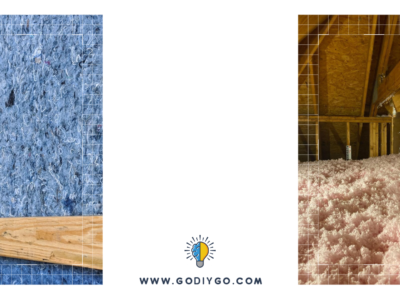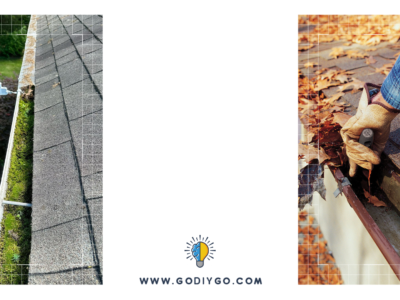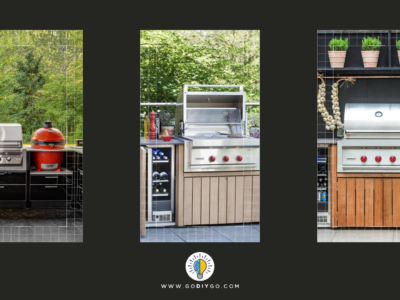Solar power systems use the sun’s rays to generate electricity. As a result, carbon dioxide emissions are reduced, and our dependence on coal and oil is reduced when solar panels are installed on your rooftop. When you transfer electricity from your solar panels to the grids, you’re contributing your part to expand renewable power output in addition to lowering your environmental impact.
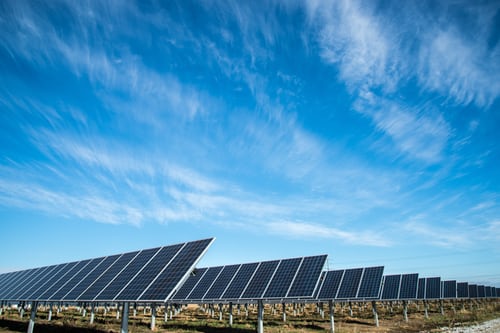
During the hours of 10 am and 7:00 p.m., energy consumption tends to be at its highest. This is the time of year when power prices are at their highest, as one might expect. When the sun is at its peak output, solar power is at its most efficient. Electricity generated during the day is more valuable than at night. These periods of time might be reduced to the level of nighttime costs with the introduction of solar energy.
1. Begin Saving as Soon as Possible
Costs for electricity may go into the hundreds each year. Including transport and home energy, the average yearly power consumption per person is calculated at the rate of dollars. As soon as solar electricity is deployed, these expenditures can be reduced or eliminated. Because capturing solar energy is essentially free, they also promise lengthy savings. Your home’s resale value is greatly enhanced by installing solar panels.
Most homeowners are aware of the benefits of solar panels, mainly because the installation is already in position, and they don’t have to make an initial investment and set up themselves. According to studies, most homeowners receive a $6000 increase in resale value per installed kilowatt. A 3.1-kilowatt solar panel installation may increase the value of your property by over $20,000. Using solar panels, protecting a roof from rain, snowfall, and dirt extends its life expectancy. In the summer, they reduce the home’s temperature by absorbing the heat from the sun, which would otherwise be reflected onto the roof.
2. Contribute to the Environment’s Health and Well-being
Solar power systems harvest clean, pure solar energy. Help minimize carbon dioxide emissions and fossil fuel dependency by installing solar on your home. Coal and oil are used to generate traditional energy. Fossil fuels must be burnt to generate power, producing toxic gasses that pollute the atmosphere and climate change. Because fossil fuels have a limited supply, they are also harmful to the ecosystem. Price changes often and can rise in minutes because of this.
Public health benefits from the use of renewable energy sources are equally significant. Pollution from coal power facilities is hazardous to human health and the environment. Renewable energy sources like solar electricity, on the other hand, can cut premature death and total health care expenses. In contrast to fossil fuels, solar energy requires no water to function, which reduces the amount of water needed for fossil fuel production. Solar power is environmentally friendly because it doesn’t contaminate water resources or pressure the global water supply. Droughts and heatwaves can also benefit from solar electricity. A lot of water is needed to cool coal, natural gas, and nuclear power plants. Heatwaves and severe droughts can hurt the generation of electricity. On the other hand, solar power systems don’t need water to create power.
3. The Ability to Install in a Variety of Ways
It can be mounted practically anywhere, using both upstream and downstream spaces with no particular purpose because of the ease of installation. With the system’s ability to be extended at any given time, small-scale solar projects are made more accessible to implement. This is because of this feature and its modularity, and you can check related information here to really get a better understanding of how this works. Perhaps the most intriguing benefit is the ability to deliver electricity to areas that would otherwise be unable or prohibitively expensive to connect to conventional power grids.
4. Low-cost Maintenance
Most solar energy systems don’t need a lot of upkeep. You simply need to clean them a few times a year to maintain them in a good condition. Therefore, repair and maintenance costs will be minimal after the original price of the solar system has been paid. For an annual inspection by a competent inspector, the typical charge is around $200.
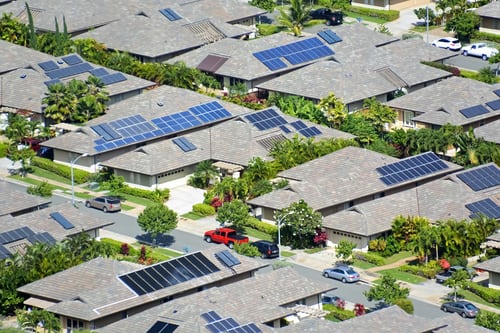
You end up using less energy from the power company by producing your own power. This will save you money right now on your utility bill. To top it all off, you’ll be able to earn profit by selling your excess back into the grid. You may increase the value of your green investment by taking advantage of solar panel subsidies. There will be less reliance on the power company if you generate more power. Also, as numerous power plants are spaced out, the grid is much less susceptible to blackouts. Hundreds of solar power plants are scattered across a large area in a system with high absorption of solar energy. As a result, the grid is better protected from overload, natural catastrophes, and other sentient events.







